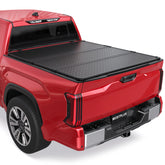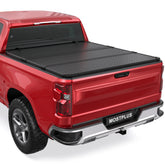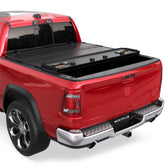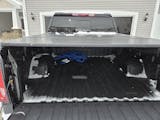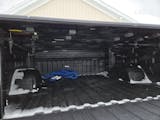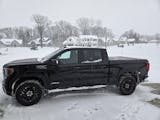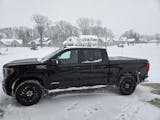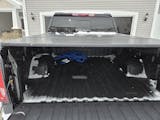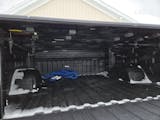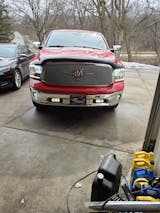Why use antifreeze?
Today's car engines are much safer and more efficient. One of the key factors in saving fuel and reducing emissions is ensuring that the engine's mechanical parts are at their optimum temperature and that this temperature fluctuates as little as possible. Mixed with water and added to the radiator, antifreeze helps regulate engine temperature while protecting and lubricating the various metal parts in your engine's cooling system.
What is antifreeze and why is it important to keep your vehicle running smoothly?
Antifreeze is a colored liquid that you put in your radiator (with water) to help regulate engine temperature. The main ingredient in antifreeze is ethylene glycol, which lowers the freezing point of water and raises the boiling point of water. This prevents the water in your radiator from freezing, boiling or evaporating.
Antifreeze is essential for engine operation, along with fuel and oil. Without it, the heat from combustion would cause the engine to quickly overheat or even stall. Antifreeze also lubricates cooling system components in contact with water and prevents corrosion of metal components.
What types of antifreeze are there?
There are a variety of antifreeze fluids available on the market and in our online auto parts store. They come from different manufacturers and are sometimes specially formulated to meet the needs of certain types of vehicles, engines and cooling systems. Radiator antifreeze is important. It effectively prevents water from freezing in your car's cooling system. This could cause irreparable damage not only to the cooling system hoses, but also to the radiator itself. The cooling failure would in turn damage the engine.
In general, most cooling system antifreezes are alcohol-based chemicals with lubricant additives. The latter help keep the coolant pump running smoothly. Other additives in radiator antifreeze help prevent corrosion of cooling system components, extending their life.

Why does antifreeze need to be changed?
Like all fluids in your vehicle, antifreeze degrades over time and eventually becomes more acidic. Corrosion can cause damage to your cooler and other critical cooling system components.
Rust, dirt and other harmful particles can also build up in your radiator. These contaminants can interfere with the antifreeze's ability to regulate engine temperature. This can lead to engine overheating, a cracked engine block, or even a piston welded to its cylinder.
How often should I replace my antifreeze?
Always check the manufacturer's manual first. In general, you should change your antifreeze every 30,000 miles (48,000 km) or every three years.
Is the coolant antifreeze?
Coolant itself is not antifreeze, of course. In fact, pure water is just as good a coolant. Antifreeze must be added to the water in the cooling system to protect it from freezing. Of course, antifreeze coolant does not need to be changed, even in the summer. It can remain in the vehicle's cooling system throughout the year, especially since it also protects against corrosion. However, before winter arrives, it's a good idea to check the antifreeze level and top off if necessary.
Antifreeze and coolant: what's the difference?
The terms "antifreeze" and "coolant" are often used interchangeably, but this is not correct. Antifreeze is a component of engine coolant. It's more accurate to say that coolant is a mixture of antifreeze and water.
To keep an engine cool, water alone is not enough. The heat of combustion will eventually boil it. Water alone can evaporate in the summer and freeze in the winter, rendering it unusable. Most car manufacturers recommend a 50/50 mixture of water and antifreeze in your radiator.
What happens if I drive without antifreeze?
Driving without antifreeze has no consequences as long as the temperature is not near 0°C (32°F). However, when the thermometer approaches 0°C, it's important to add enough antifreeze to the cooling system. Otherwise, the cooling water will freeze. It then expands, which can cause hoses or radiators to burst. Frozen water can also damage your vehicle's water pump and timing belt, causing the pump to run dry.
Finally, frozen coolant cannot perform its function. The engine can quickly overheat and, in the worst case, suffer irreparable damage. It's important to make sure your coolant contains enough antifreeze to prevent this costly damage to your vehicle.
Featured Products
- $479.99
$499.99- $479.99
- Unit price
- / per
- $549.99
$559.99- $549.99
- Unit price
- / per
- $489.99
- $489.99
- Unit price
- / per
- $469.99
$489.67- $469.99
- Unit price
- / per
